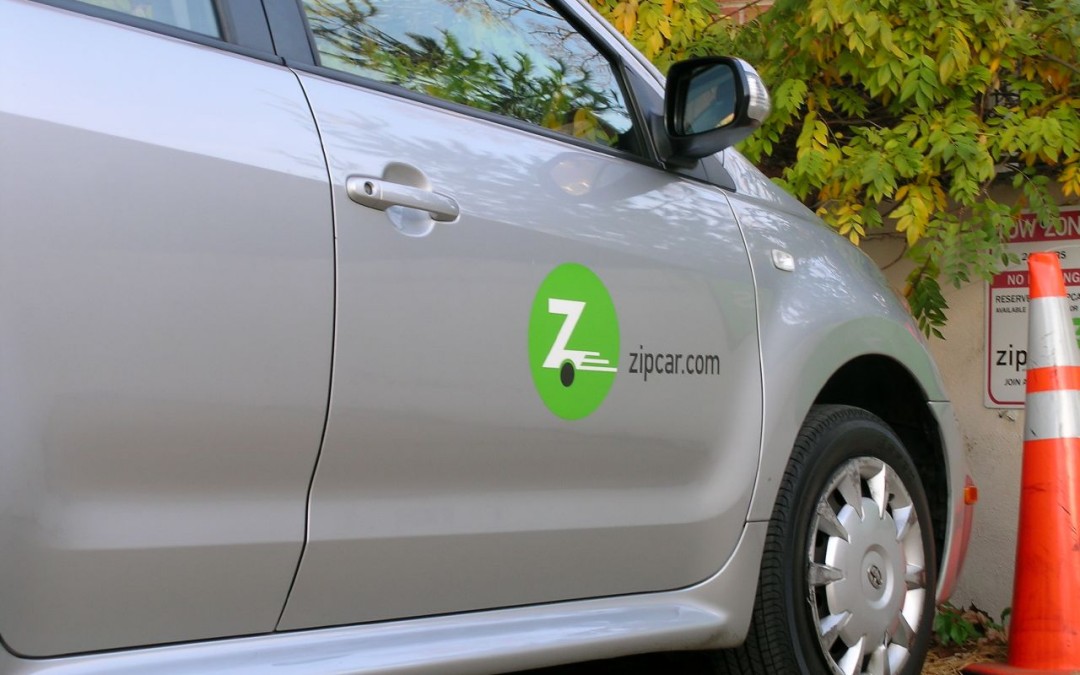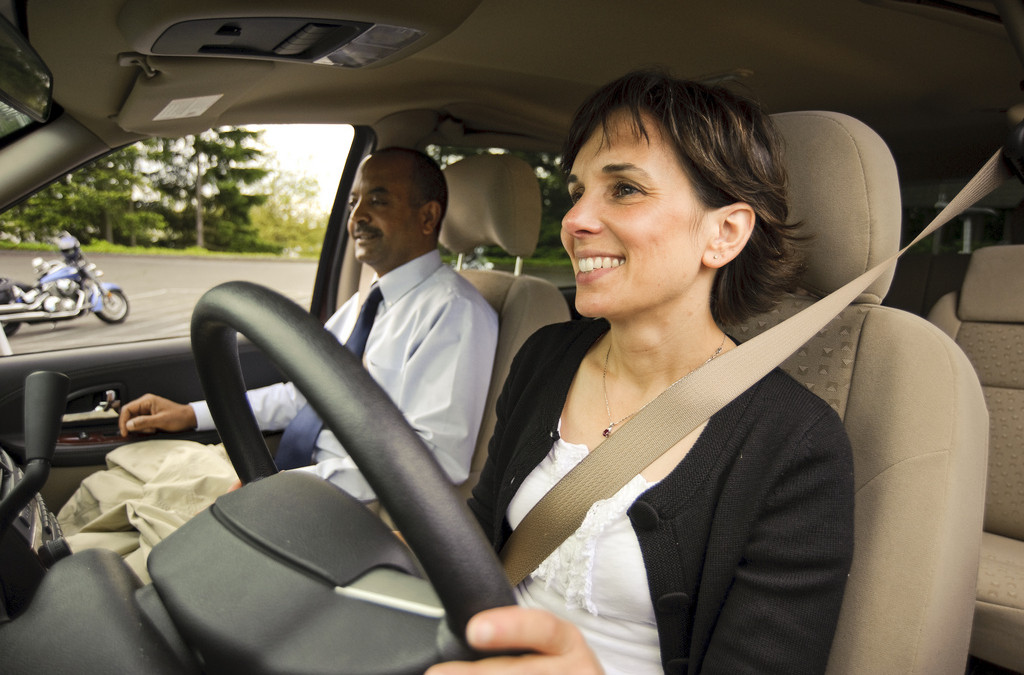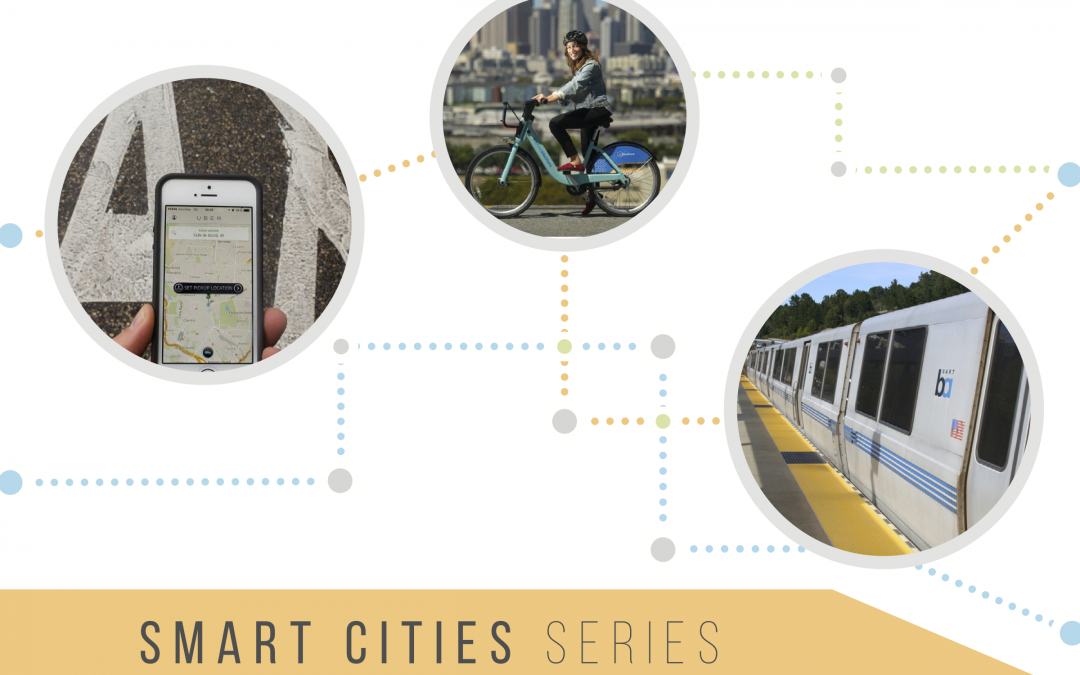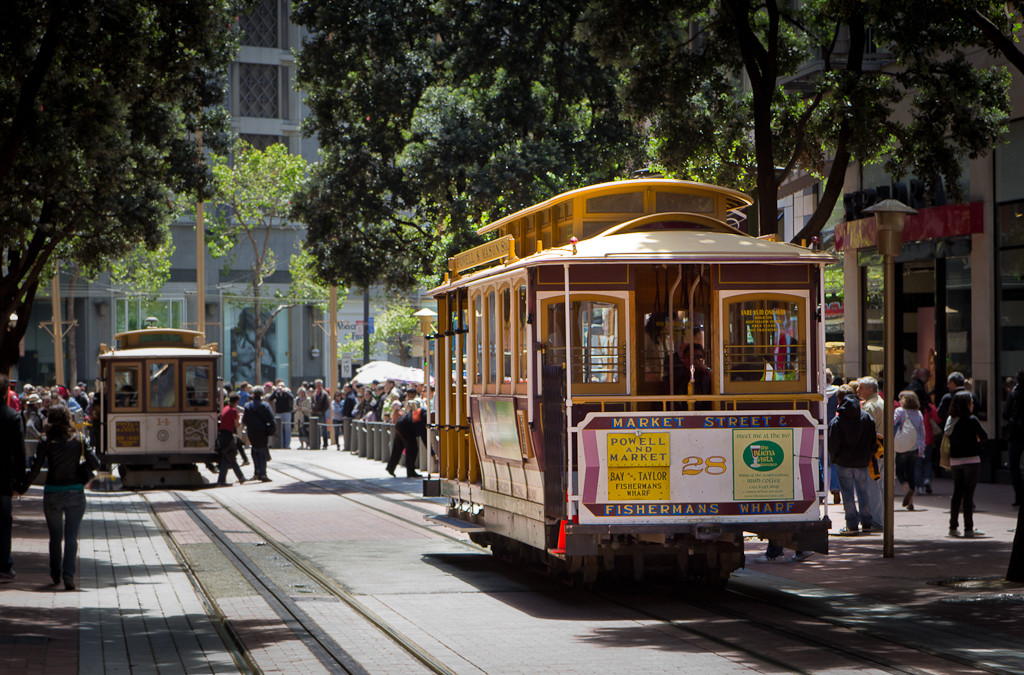
by mattchristensen00 | May 20, 2015 |
By Crissinda Ponder Editor’s note: Each week, one of Bankrate’s personal finance reporters is sharing a new way to save and chronicling the savings journey. This week, I’m reporting on the experience I had as a car pool participant. Read on to see what happened. If you’re like me, you’re probably not a fan of the daily work commute drama: the accidents that attract slow-driving rubberneckers and make you late to the office, the psychos swerving from lane to lane, the people feeding their face or applying makeup. But having a co-worker along for the ride makes things a little less insufferable. Ready to save some money (and potentially retain your sanity)? Maybe it’s time to try carpooling. To read more about the Savings Challenge, click...

by mattchristensen00 | May 16, 2015 |
By Chris Johns Car share programs, initially geared toward urban professionals looking to utilize vehicles for quick errands, are making stronger bids for the business market by appealing to companies’ environmental sensibilities as well as their bottom line. While limos and taxis might still be the gold standard for business travellers to get around town, share programs that offer people ways to customize auto rentals for a few hours or even a few minutes are gaining in popularitywith businesses and business travellers, and the trend shows no signs of abating. The convenience, flexibility and low cost compared to car ownership are what attracted Vancouver-based marketing director Wendy Underwood to join both Zipcar, the world’s largest car share program, and Car2Go, another major player, several years ago. “We live in the city so driving for us is not something we need to do every day,” she explains. “One of my clients is out in Abbotsford, which is a good hour drive, so I use it for them. The last time I was in Toronto, I had to go out to Mississauga to meet with a client, so I got a Zipcar for that. “Otherwise I’d have to rent … and that would mean an extra trip downtown to pick up the car and then I’d have to try and find parking at the hotel or have them park it and that’s another $30 a night. This way I can pick one up just about anywhere and drop it back without having to worry about some guy coming out to check the kilometres or anything.” To read the full article, click...

by mattchristensen00 | May 16, 2015 |
By Oliver Brown In most industrialized countries, households depend on personal vehicles for getting around. In the US, for example, there are two cars for every household.1Society pays a high price for this inefficient system of transport in the form of pollution, congestion, and other societal costs. But in cities that are densely populated, where alternative transport options are available and where everyone is connected through the web, does it make sense for the majority of households to own a car? The emergence of new business models that facilitate carsharing and ridesourcing is leading many to ask themselves this question. The Problem with Car Ownership The list of societal costs from road transport is long. They include the effect of carbon dioxide emissions on climate change, local air pollution, traffic congestion, road accidents, road damage, and noise pollution, to name a few. These costs are significant. For example, road transport accounts for more than a fifth of global carbon dioxide emissions from fossil fuels,2 making it a key contributor to global climate change. Road congestion is expected to cost Europe and the US a total of US$293 billion by 2030.3 But the prevailing ‘car ownership’ model of transport has a number of characteristics that make road transport more damaging than it need be. One such characteristic is the cost structure of car ownership over time.4 Owning a car involves large fixed costs, including the car purchase, registration, and insurance. However, the costs of using the car—the most visible of which is fuel—are relatively low. Such a cost structure fails to provide a sufficient incentive for car owners to minimize driving and...

by mattchristensen00 | May 5, 2015 |
To view and download the PDF summary, click here. By Susan Shaheen (UC Berkeley’s TSRC), Matt Christensen (UC Berkeley’s TSRC), and Gerry Tierney (Perkins + Will) Smart Cities Series This workshop, held on Wednesday, February 18, 2015, was a continuation of the Urban Mobility series held by AGRION, Perkins+Will, and UC Berkeley’s Transportation Sustainability Research Center (TSRC). The preceding workshops included: Evolving Urban Mobility: A New Regulatory Environment (March 27, 2014) Urban Mobility Workshop: Public-Private Collaboration and Data Sharing (June 19, 2014) Public/Private Urban Mobility Data Sharing: Evaluating Security and Privacy Solutions (November 13, 2014). In these previous workshops it was identified that all socio-demographic groups, including low-income and otherwise disadvantaged communities, must be accounted for in developing smarter, safer and more efficient cities. This workshop was designed to address how innovation and transportation development can be framed and adjusted to be more inclusive of all people in an urban environment. Workshop Introduction Gerry Tierney began Workshop #4 by defining the core of this workshop—namely, that we must not develop innovations and plan transportation networks for “winners and losers;” rather, we should plan for a new, inclusive mobility environment for all communities and socio-demographic groups. Professor Susan Shaheen then provided the context of the workshop in relation to the evolution of the previous events. She highlighted that the digital and income divide is becoming increasingly prevalent as the smartphone and other technologies permeate into our transportation networks, and we must remember that the public good must come first so that social and environmental goals remain the framework for present and future urban mobility systems. Panelist Presentations Tilly Chang, Exec....

by mattchristensen00 | Apr 17, 2015 |
Over the last year, Agrion, Perkins + Will, and UC Berkeley’s Transportation Sustainability Research Center have led a series of workshops regarding a range of urban mobility issues. Each of these workshops have been summarized and provided in PDF form below. 1. Evolving Urban Mobility: A New Regulatory Environment (March 27, 2014) 2. Urban Mobility Workshop: Public-Private Collaboration and Data Sharing (June 19, 2014) 3. Public/Private Urban Mobility Data Sharing: Evaluating Security and Privacy Solutions (November 13, 2014) 4. Crossing the Digital and Income Divide: Making Mobility Innovations Accessible to All (February 18,...






